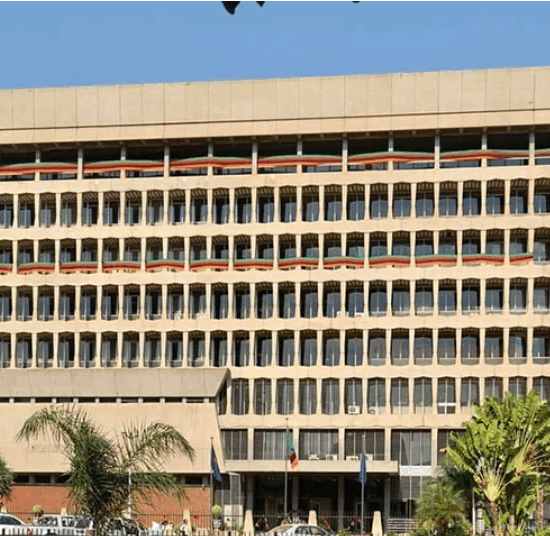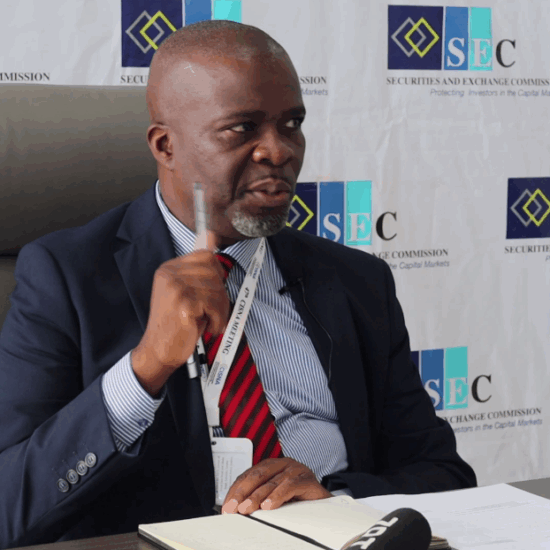
The stimulus package that government had launched through the Central Bank (Bank of Zambia) meant to inject liquidity by easing repayment of loans for corporates mainly through banks and extending repayment for local companies who borrow mostly through non-bank financial institutions has effectively been derailed by technocrats.
The stimulus package of K10 billion would have by now eased liquidity and loan repayment challenges that ensued on the back of Covid 19 pandemic that had disrupted business especially for local companies, but accessing the stimulus funds by micro finance institutions which actually lend to local businesses has effectively been curtailed.
Despite the change in the leadership at BOZ that saw Dr. Denny Kalyalya dropped and replaced with Christopher Mvunga, the disbursement of the stimulus funds have not improved with most local businesses continuing to complain of tight liquidity in the market and lack of support from the government for their businesses to survive the impact of the pandemic.
So far, only K4.1 billion out of the total K7.9 billion approved under the COVID-19 stimulus package has been disbursed. This is less than half of the total K10 billion stimulus package that was announced to aid financial sector and in effect businesses survive the Covid 19 first wave pandemic.
The Bank of Zambia (BoZ) last year announced a K10 billion targeted medium-term refinancing facility aimed at cushioning the adverse effects of COVID-19 on enterprises and individuals, with the funds expected to be distributed for onward lending through commercial banks.
According to the targeted medium-term refinancing facility report dated February 16 2021, BoZ received applications worth K9.3 billion from 13 commercial banks and 18 non-banking institutions.
Speaking in an exclusive interview with the Zambian Business Times – ZBT, Bankers Association of Zambia (BAZ) chief executive officer Leonard Mwanza said out of the K9.3 billion worth of applications received, only applications worth K7.9 billion were approved.
“So we [banks] have made some progress in terms of accessing funds from BoZ, the last report of February 2021, BoZ received applications from 13 banks amounting to K7.3 billion and 18 applications from non-banking institutions amounting to K1.9 billion. The total is K9.3 billion”.
“In terms of disbursements, out of the total approvals, K4.1 billion was disbursed representing a 41 per cent. From this, K2.8 billion went to nine commercial banks while K1.1 billion went to 11 non-banking institutions,” Mwanza said.
He said the number of people that have accessed the funds now stands at 36,987 out of which 302 were corporate customers and 36,685 Small and Medium Enterprises (SMEs), households and individuals. He however did not give the breakdown between SME’s and individuals.
Banda said this has helped to improve liquidity within the financial [banking] system and has also helped financial service providers to provide relief to the various customers who were looking for help.
“It is a continuous process because we still have some money which has not yet been disbursed so I think as we go through the second wave, we expect that some financial institutions will continue to ask the Central Bank to release funds which are in turn channeled to businesses, individuals who might have applied for help in terms of improving their liquidity.
So this package has helped banks but more importantly businesses and individuals who are banked in the economy,” he said.
But analysts say the amounts that have been accessed by Micro finance institutions are the ones that would have a direct impact on most local businesses and individuals as these institutions are the ones that mostly lend to locals.
If you look at the K1.9 billion accessed so far, this amount is too small compared to the size of the informal sector and even the balance sheet of the micro finance sector. Moreover, President Lungu had issued a directive for BOZ to review the criteria used as only the multinational companies with bank accounts will end up accessing these funds when its actually meant for Zambian citizens and local companies and SMEs.
There is need to understand that most governments in most functional economies are even paying grants or stimulus checks to their citizens and local businesses to keep them afloat due to the negative Covid impact.
But what we are seeing in Zambia is that BOZ can not disburse even the conservative K10 billion stimulus fund for loan restructuring and offering of repayment holidays to local businesses through non-bank financial institutions, that’s how you end up with a dissatisfied society that government does not care about the plight of its citizens and their businesses.







